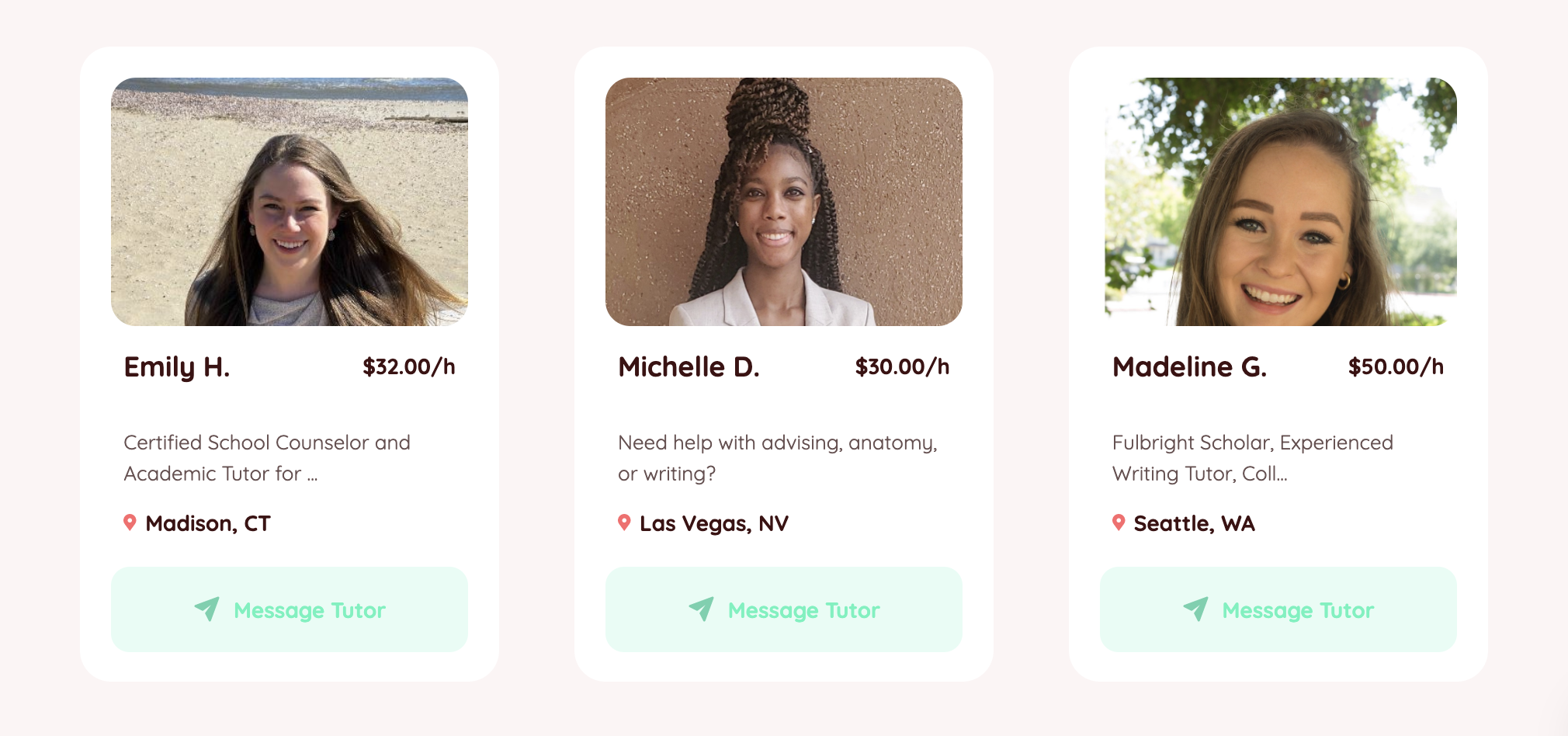Many young job seekers typically do not know if it is relevant to include the extracurricular activities they engaged in while in college or not.
However, it is important that job seekers, both young and old, know that rounding out their resume with activities that display their skills. Especially if you were engaged in school, is a terrific approach to show that you are more capable than your lack of experience and a way to boost your resume.
When it comes to preparing a Resume, your degree and previous work experience aren’t the only factors to consider. The truth is that past experiences and abilities valued by companies might originate from a variety of sources.
Extracurricular activities can be a terrific addition to your resume. Importantly when you are a current student or an entry-level prospect. and no work experience yet.
To fully understand how to put your extracurricular activities on your resume, there are three major questions you need to have answered. They are the what, why, and where, and we will be taking a quick look at them.
What are the extracurricular activities to include on your Resume?
If you do not know what to include, how then would you do the work of inclusion? Generally, this should be your focus; whether you volunteered, participated in sports, or interned for a company. Chances are you gain experience that will help you get the job you want.
Include extracurricular activities that require abilities relevant to the industry if you’re concentrating your job search on that field.
Even though the activity has nothing to do with the job you’re looking for, certain talents can always be transferred.
And even if extracurricular activities appear unrelated to your target job at first glance, they can enhance your resume. And it can present a different side of you that makes you an even more intriguing candidate,” according to Resume Genius.
It is possible that you still cannot think about anyone that fits into your resume at this point. However, we got you.
Examples of Extracurricular Activities:
- Academic clubs or organizations (for example, the National Association of Black Accountants (NABA)) focus on a specific discipline.
- Performing arts organizations (such as a drama club, marching band, or a cappella group)
- Civic and community activities (for example, Fundraising)
If your sorority or fraternity hasn’t been in trouble for inappropriate behavior, it is something you can include. - Consider also adding foreign languages that you speak.
- Organizations that are multicultural (such as a Black student association, Muslim student group, or Pride group)
- Teams in sports
participation in student government - If you took up activities like online tutoring, you might want to include them to show your teaching skills.
- Organizations or volunteer activities (such as Habitat for Humanity)
In picking your extracurricular activities, your main focus should be the skills you gained while participating in them. And include the reasons why those skills are relevant to the job you are applying for.
The skills gained might not be a major skill required; however, they could be an added advantage.
Where to include your extracurricular activities on your Resume?
Three major things to consider in listing your extracurricular activities are your work experience, how relevant the skills gained from those activities are to the job you are applying for, and lastly, the type of activities you engage in.
There are three major options to consider, though;
- You can consider listing it in the experience section if the activity was similar to a full time and is relevant to the job you are applying for.
- You can also consider listing it in the education section if they were activities taken during your course of study.
- And lastly, you might want to consider creating a section purposely for the activities.
The relevance of the extracurricular activities and how many of them you want to list out are major determinants.
Consider a Resume Builder
It is not impossible that you do not have a clear-cut understanding of this, which is why you should consider using an online resume builder like ResumeBuilder Pro. It is easy to use and gives you a clear direction on just what to do.
There are available templates for your use and you will definitely find a template that suits you. You will also be saving a lot of time and effort using the ResumeBuilderPro.
Although there is a premium offer, most of the tools are free for your use. Engage these tools and see how concise and organized your resume comes out.

Why Should You Include Your Extracurricular Activities?
Entry-level job seekers or students usually undermine the necessity for the inclusion of extracurricular activities on a resume. The reason being that most extracurricular activities are seen as things we participated in to have fun or be in the presence of a community while in school.
However, employers may require young graduates to have some work experience before they begin looking for work. Employers want to be confident that you have transferable abilities early in your career.
Regardless of where you include your extracurricular activities, what you include, and why you include your extracurricular activities on your resume. It would help if you gave the group’s name, your function within it (“member” or any roles held), and the dates you participated.
You should highlight important duties, successes, or any accolades received in the past. Especially if you wish to use your extracurricular activities to demonstrate your talents and experiences.
If you had a leadership role in an extracurricular activity, such as president of a student’s group, programming chair for your sorority chapter, or treasurer for your intramural sports club, that experience is extremely beneficial on a resume for someone starting in their job.
It will help portray skills like leadership, teamwork, problem-solving and organizational skills. And these are what employers want to see.
What matters most is that you are skilled and have functioned in those skills, not whether you have been paid for those skills you have or not.
Experts say: Your extracurricular activities may also demonstrate that you are enthusiastic about the industry you want to work in and more knowledgeable and prepared than your peers.

Employers want to know that you didn’t just jump on the job application because of the pay or are needy. They need you to prove to them that it is what you want and that you are well prepared for what the job comes with. A young job seeker who has positioned himself all the years to gain relevant skills in the industry proves that he knows what he wants.
Finally, it would be best if you discussed how your extracurricular activities can help you become a better employee. Being a member of a football or basketball team, for example, may have taught you teamwork.
It is a skill that would be excellent if you were applying for a job on a production line where you would need to speak with others regularly. Alternatively, if you took part in an art program, it may have taught you anything.
Conclusion
You should be proud of things you volunteered for or activities you helped develop while no one required you to. They show your intentionality and willingness to work. If you carefully follow the answers given to the questions above, you will build a winning resume that your employers cannot resist.





